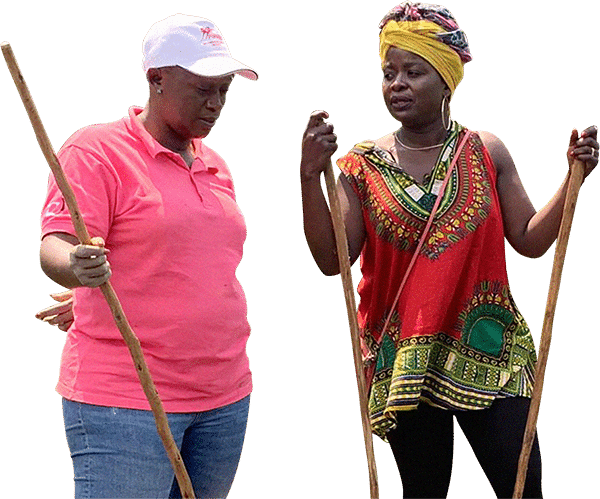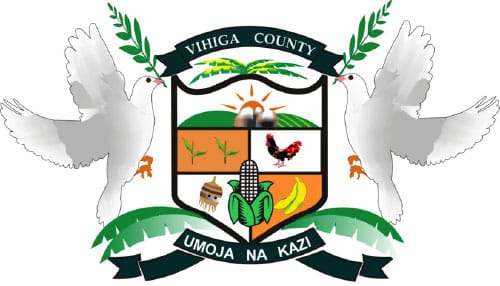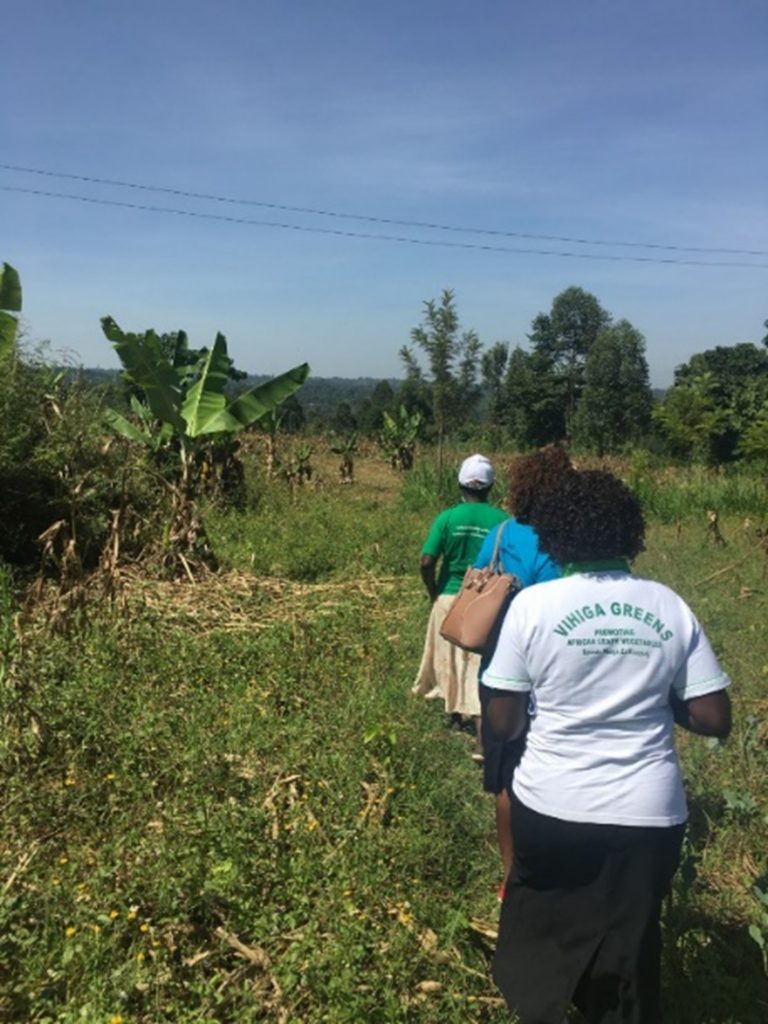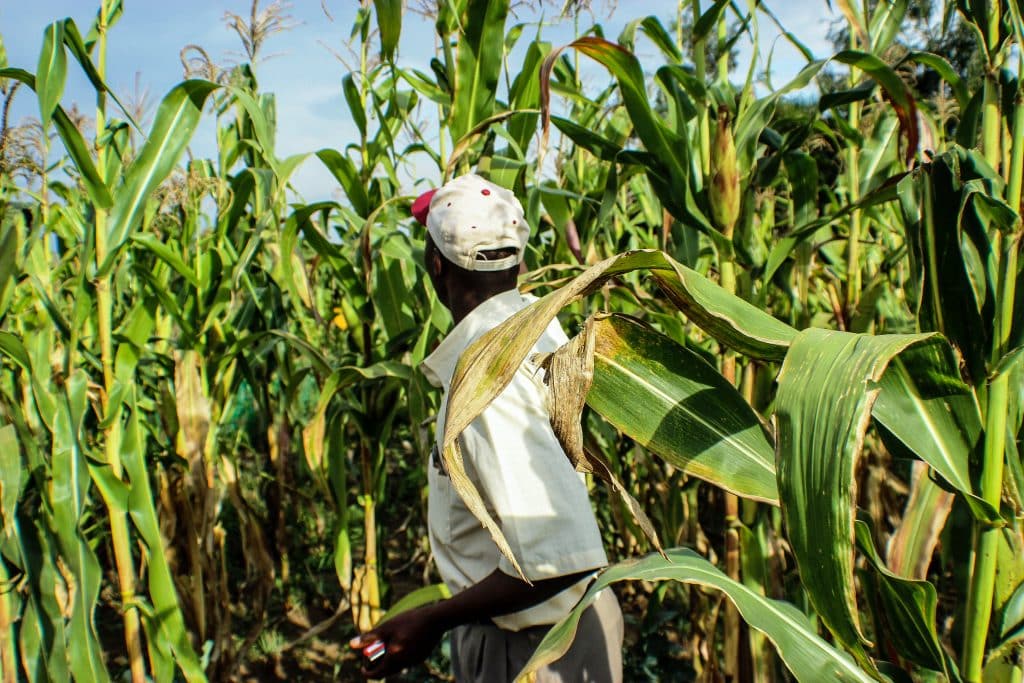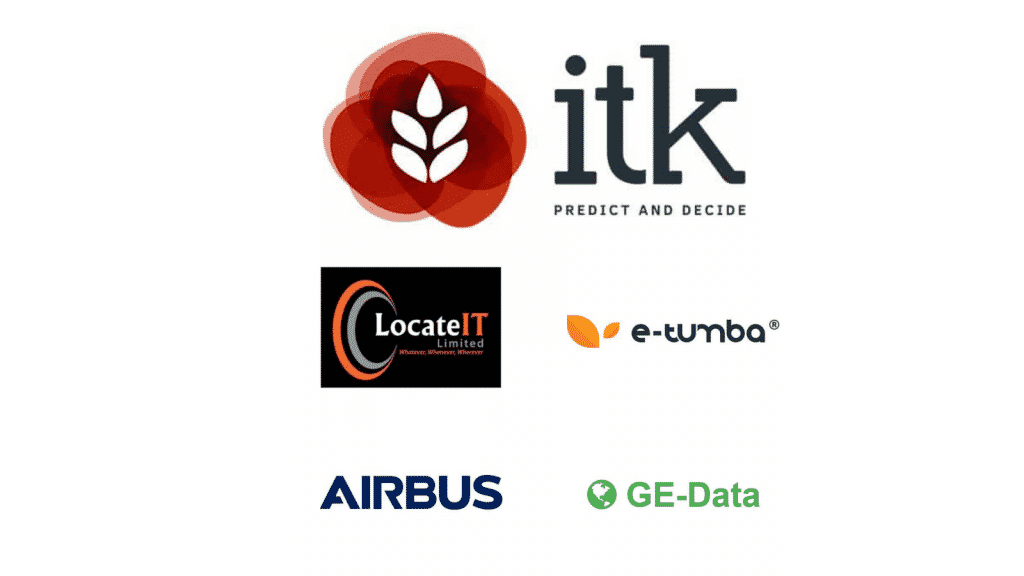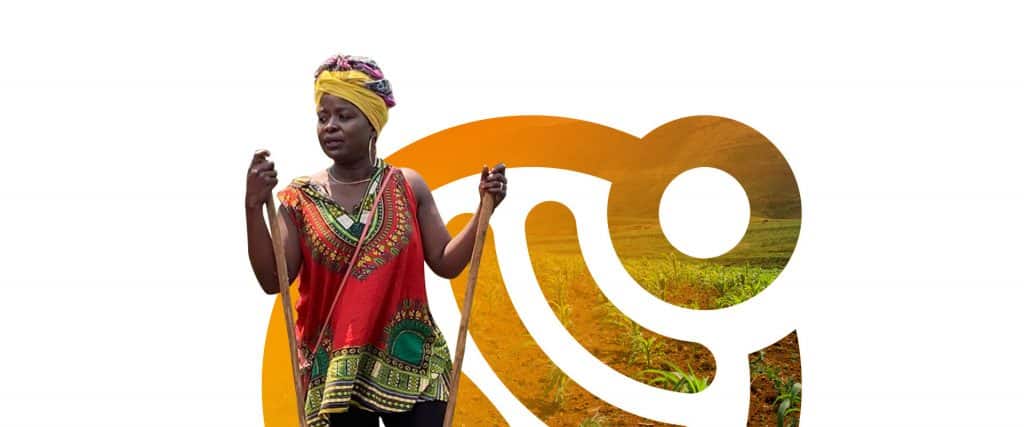Home
What is the KILIMO Project?
Itk, a pioneer of Global Agtech, in collaboration with Airbus Defence and Space and a consortium, is leading a scientific and technological feasibility study for food security and soil carbon sequestration at the request of Vihiga County in Kenya.
The KILIMO project aims at:
- Ending hunger, ensuring food security
- Increasing sustainable and environmental agricultural maize production
- Facilitating the work of Kenyan farmers on their small farms, through technology transfer and skill exchange
- Supporting the development of agro-ecological practices in maize production, through satellite observation and agronomic modelling
- Applying climate-smart technologies for agriculture using live carbon monitoring
- The KILIMO project is supported by the French Ministry of Economy and Finance, which co-finances the export of French green technologies
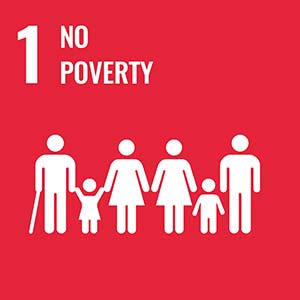
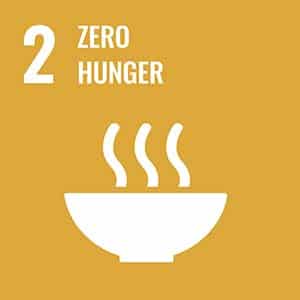
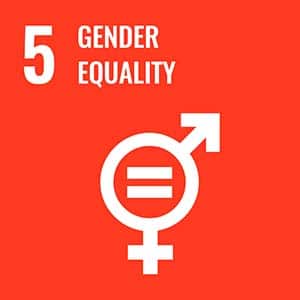
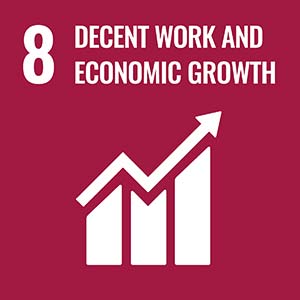
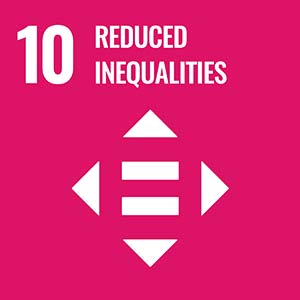
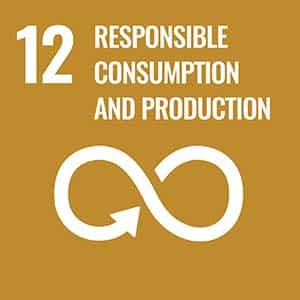
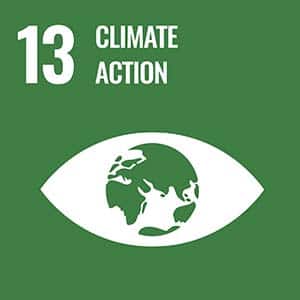
Nitrogen
Controling the flow of inputs. Optimize the use of nutrient solutions in maize.
Soil health
Monitoring daily carbon and nitrogen cycle, including soil carbon sequestration capabilities.
Satellite imaging
Tracking fields from afar to provide farm specific actionable insights
Efficiency
Supporting efficiency and sustainability to increase the quality of life of farmers
Kenyan farmers
White maize is a basic staple food in Kenya. It is a vital crop. Public and private actors from the Vihiga county in Kenya are mobilized around this project and involved in:
- Ensuring food and nutrition security
- The fine tuning of agricultural inputs
- Measuring and improving soil health
- Increasing carbon sequestration
Benefits for producers :
- Receiving customised advices
- Traceability of input usage
- Capacity building and skills training
- Dynamic production previsions

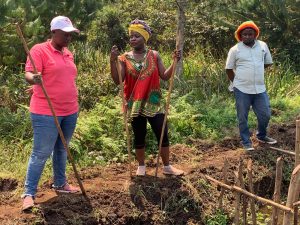
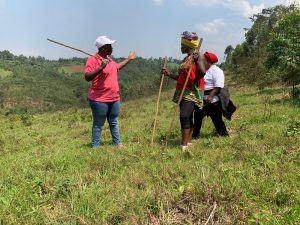
Carbon and soil health
Improving soil health to fuel agricultural sustainability. Combining agronomy and ecology to promote soil-conservation agriculture, whose farming and soil management techniques are:
- Less-resource intensive,
- More diversified over time,
- Better adapted to the Kenyan ecosystem
- And more respectful of the environment and biodiversity (especially soil).


